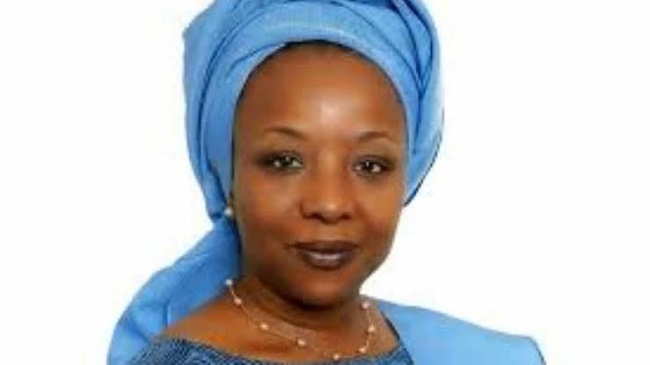As Nigeria joins the rest of the world to commemorate the International E-Waste Day (IEWD), Minister of State for Environment, Mrs. Sharon Ikeazor, has reaffirmed the commitment of the Federal Government in curbing environmental and health challenges posed by unsound e-waste management on livelihood.

According to the Minister, Nigeria must not continue to be a dumping ground for used electronics and other electrical appliances that does not only constitute a serious challenge to the environment, but also to healthy living of Nigerians.
She disclosed that Nigeria is in receipt of large volumes of Used Electrical Equipment (UEEE) that are under the guise of “bridging the digital divide” with a large chunk discovered to be e-waste.
She described e-waste as non-functional electrical/electronic equipment that have become hazardous to the environment and healthy lifestyles.
“This unsound waste is a fall-outs from the rapid transformation in the Information Communication and Technology (ICT) sector. In 2018 alone, about 50 million tons of e-waste were generated globally, with only 35% officially reported as collected and recycled,” she said.
Ikeazor, reiterated Federal Government’s readiness to give maximum support to e-waste management and its sustainability, saying Nigeria has already demonstrated its commitment to global efforts through the establishment of the National Environmental Standards and Regulations Enforcement Agency (NESREA) and promulgation of necessary regulations, among others.
She pointed out that the concern about e-waste stems from the fact that they contain several toxic and Chloreflourocarbons (CFCs), or Hydrochlorocarbons (HCFCs), which if not properly managed could harm the environment and human health.
Ikeazor, while reaffirming the Ministry’s role as the focal point for e-waste management in the country, outlined Nigeria’s achievements in the sound management of e-waste, through the implementation of the EPR programme.
This, according to her, has attracted international support under the Global Environment Facility (GEF) funded project on “Circular Economy Approaches for the Electronic Sector in Nigeria Project”.
“This project supports the collection and treatment of 300 tons of e-waste under the implementation framework of United Nations Environment Programme (UNEP), with NESREA as the executing Agency for the project,” said the Minister.
The IEWD movement started in 2018 and is celebrated annually on October 14. IEWD stimulates awareness on effect of e-waste to arouse political will, attention and public action.
Ikeazor, who described the theme for this year’s IEWD, “Education, which is devoted to the young people”, as apt, said: “It is envisaged that young people will be educated on e-waste issues and in turn mentor a new generation of environmentally-responsible consumers.”
